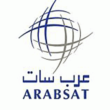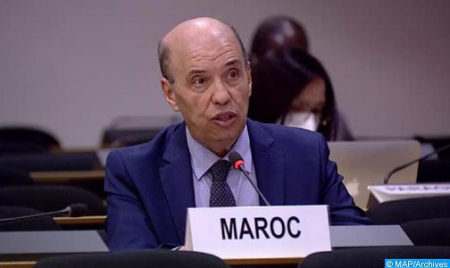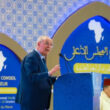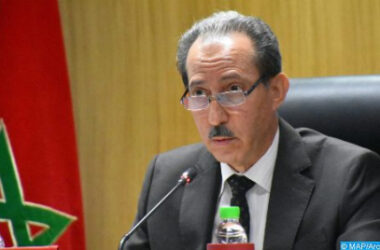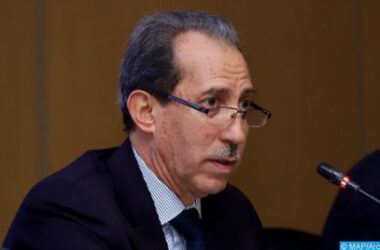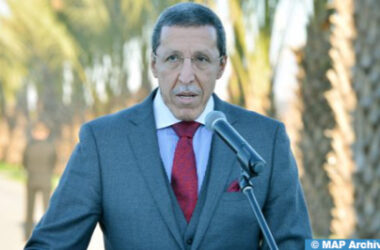The Kingdom is firmly convinced that a spin-off between regions will help disseminate, adapt and converge views for safe and regular migration, said Ambassador, Permanent Representative of Morocco, Omar Zniber, on the occasion of the 5th session of the 4th Annual Forum of the Network on Migration.
Invested with a triple responsibility, Morocco has played an important role in the implementation of the objectives contained in the GPA, first as host of the Pact, champion country and finally as organizer of two regional consultations, African and Arab, recalled Zniber.
In this sense, he mentioned the creation of the African Migration Observatory by His Majesty King Mohammed VI, who wanted Africa to develop its own vision combining development, migration and economic opportunities.
Migration is essentially an African issue, he said, adding that of the 8.4 million migrants in West Africa, less than 10% of them are heading outside the continent.
Furthermore, Zniber assured that Morocco joins the UN Secretary General to ensure a significant progress on four priority areas, namely the promotion of inclusive societies and the inclusion of migrants in the response to COVID-19, the promotion of safe and regular migration, the prevention of loss of life and other tragedies during migration and capacity building.
At the national level, and in line with its international commitments, Morocco acts through a dual approach combining effectiveness and commitment, the diplomat said, noting that since 2013, Morocco has established a national strategy for immigration and asylum unprecedented in the region.
It follows a humanistic and comprehensive approach, in accordance with international law, prioritizing respect for human rights, international cooperation through the multilateral process, he said, noting that in the wake of this commitment, the Kingdom has conducted two campaigns of regularizations for the benefit of 50,000 people, from Africa (95%) and the Arab world (5%).
Morocco is consistent in its discourse on migration and its actions on the ground, said Mr. Zniber, noting that beyond the established strategy, the Kingdom has been at the rendezvous of its commitments during the pandemic, by ensuring free vaccination for all regular and irregular residents.
The effectiveness of the Moroccan approach also requires increased international cooperation: “Morocco has signed three memoranda of understanding with Côte d’Ivoire, Mali and Senegal, in order to develop cooperation with its partner countries in the field of migration,” said the ambassador.
This cooperation is as active on the African side as it is in Europe, he continued, recalling that Morocco has repelled hundreds of assaults on road crossings in northern Morocco, while multiplying rescue operations at sea.
“Our approach to strengthen the Network’s action plan for 2022-2024, to prepare the next round of regional reviews and finally to feed the next progress report on the Secretary-General’s Pact, scheduled for 2024, must take into account the integration of the growing challenges related to the effects of climate change and the strengthening of the nexus between development and migration,” concluded Zniber.




